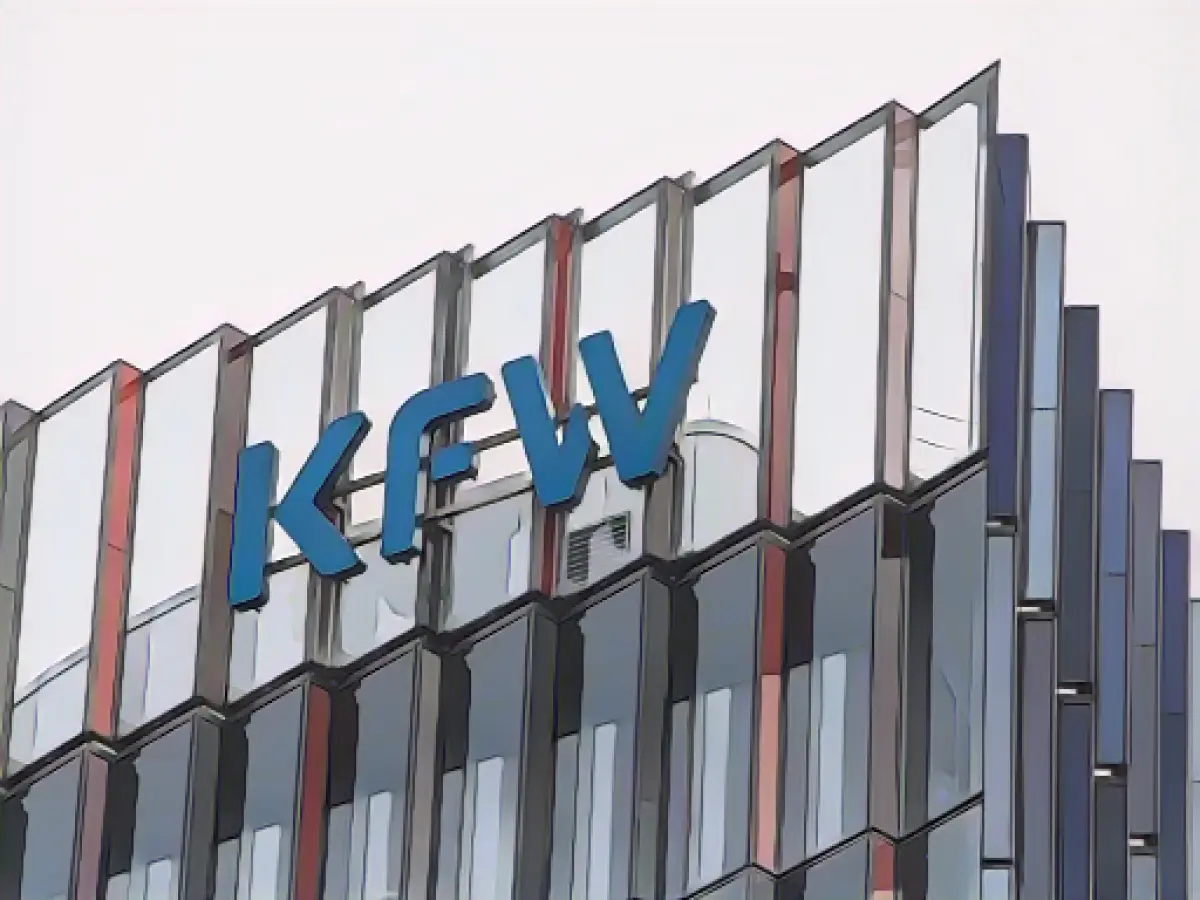KfW Temporarily Halts Four Housing and Construction Programs
In the aftermath of the Karlsruhe budget decision, KfW, Germany's state development bank, has proclaimed a provisional halt on applications and commitments for four promotional programs focused on housing and construction. Effective immediately and in agreement with the Federal Building Ministry, no new applications can be submitted for these programs. Existing applications already in the pipeline also won't be sanctioned, as outlined on KfW's official website.
These impacted programs include the "Altergerecht Umbauen," the municipal funding program "Energetische Stadtsanierung," the promotion of cooperative housing, and the BMWSB hardship program for housing companies due to increased energy costs. However, development loans and investment grants that have already been approved for these programs will not be affected by this financial freeze.
The KfW further stated that they are in communication with all commissioning departments to determine if this application and commitment halt should extend to additional programs. KfW relies on funds from various federal ministries for its promotional activities, channeling these funds into investment grants, repayment subsidies, or interest rate reductions in bank-supported loan programs. Consequently, these ministries are currently examining how the budget freeze may impact the funds allocated to KfW.
Last week, the Federal Constitutional Court invalidated the allocation of 60 billion euros in the 2021 budget, initially designated for coronavirus relief. The court ruled that state reserves for emergency loans could not be set aside for future years. The financial impact on the regular budget is still uncertain, prompting the Ministry of Finance to enact a preemptive budget blockade for future commitments by all ministries.
This Government budget restraint also affected funding for specific programs at KfW, primarily due to its dependence on funds from various ministries. As a result, KfW may need to adjust its lending policies within the household sector due to this fiscal constraint.
Insights
Although the budget freeze does not directly target KfW's energy efficiency and renewable energy projects in private residences, it may influence KfW's lending policies according to data enrichment. The potential impacts include:
- Limited funding availability: If federal budgets are reduced, the overall sum of grants and loans KfW can provide might decrease.
- Prioritization: In times of budgetary constraints, KfW may have to prioritize resources. This could mean concentrating on pressing or high-impact initiatives while reducing the scope or size of promotional programs for household energy efficiency and renewable sources.
- Policy alignment: Debt brake rules, presently a subject of controversy in German politics, constrain the federal deficit to 0.35% of GDP. If the government upholds or tightens this policy further, it could restrict KfW's capacity to finance various projects, including those in the energy transition sector.
- Instability and uncertainty: An ongoing budget freeze or volatile fiscal policies can sow instability in the financial market. The resulting turbulence might affect KfW's attraction of investors or securing funding for its promotional programs, possibly impacting its lending policies within the household sector.
In summary, though the budget freeze does not impact KfW's housing and construction projects directly, its repercussions may affect the availability and distribution of funds, potentially leading to a reduction in the scope or scale of the bank's lending policies in the household sector for energy efficiency and renewable sources. General fiscal context, such as the debt brake mechanism, also plays a vital role in shaping KfW's financial operations.







